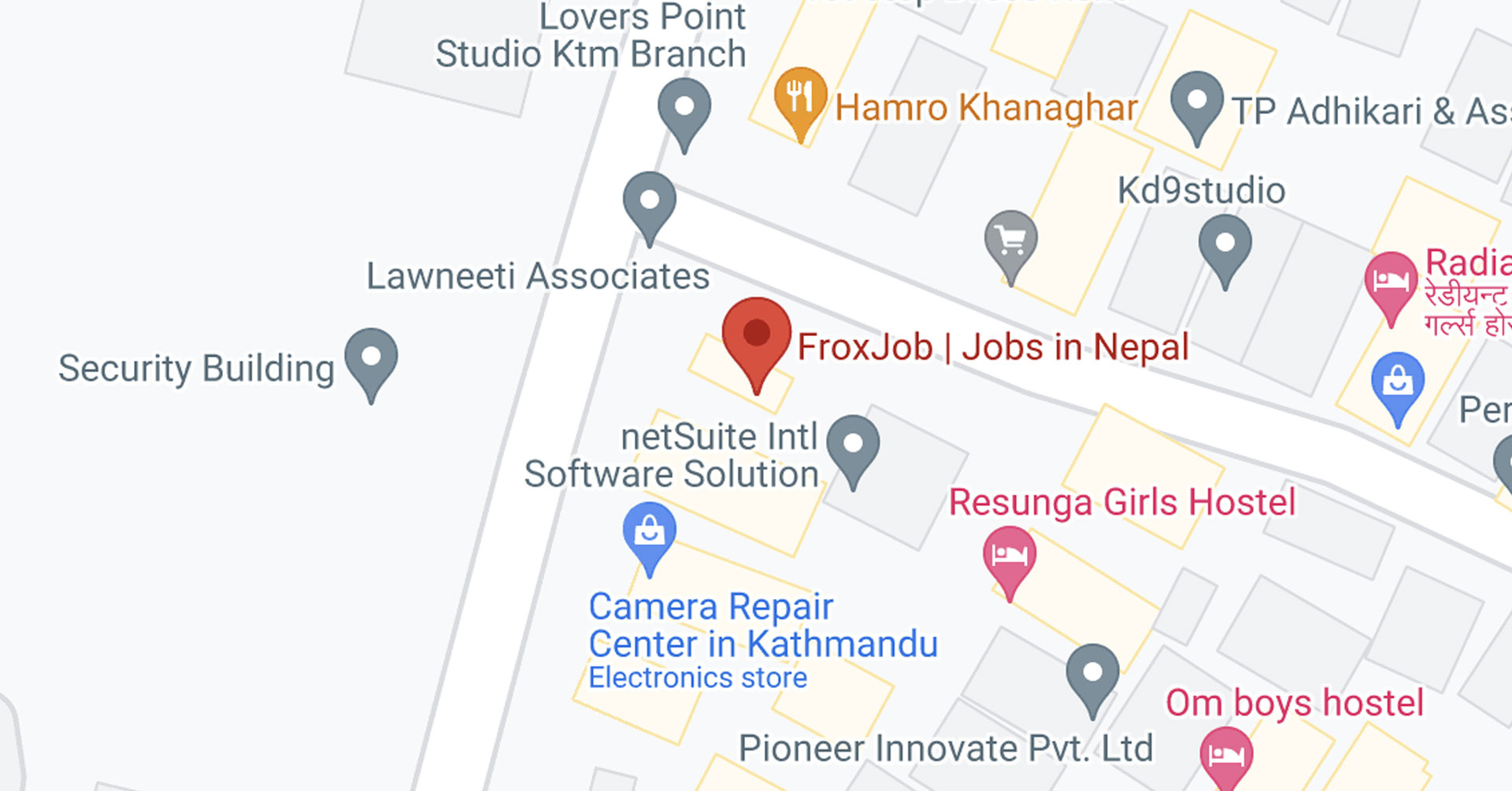Gender Neutrality in Private Organizations

Gender Neutrality in Private Organization
In today’s evolving workplace culture, gender neutrality has become more than just a trend- it is essential to building just, inclusive, and forward-thinking businesses. In particular, private businesses are leading the way in shattering gender stereotypes and fostering workplaces where each employee is respected, appreciated, and given equal chances to succeed.
What is Gender Neutrality?
Gender neutrality means eliminating bias, discrimination, and unequal treatment based on gender. It involves developing procedures, guidelines, and conduct that treat every employee fairly and with respect, regardless of whether they identify as male, female, or non-binary. Gender neutrality basically guarantees that opportunities, pay, and career advancement are based on performance and abilities rather than gender identification.
Why It Matters in Private Organizations
In terms of workplace culture, private companies are frequently regarded as trendsetters. By adopting gender neutrality, they not only advance equality but also improve their brand's reputation, draw in diverse talent, and increase output.
Gender neutrality is important for a number of reasons, including:
Some key reasons why gender neutrality matters include:
Equality and Fairness: It guarantees that all workers have equal access to leadership positions, opportunities, and perks.
Enhanced Innovation: Diverse and inclusive settings foster fresh viewpoints, which boosts originality and problem-solving skills.
Positive Workplace Culture: Employees who feel respected and included tend to be more engaged and motivated.
Reputation and Retention: Companies with a reputation for diversity draw and keep great talent.
Steps Toward a Gender-Neutral Workplace
It takes constant work and dedication to create an organization that is gender-neutral. Here are some practical strategies for private businesses to advance:
Use Inclusive Language: Use chairperson or sales executive in place of gendered phrases like chairman or salesman.
Review HR Policies: Ensure recruitment, promotion, and pay practices are free from gender bias.
Provide Equal Benefits: Provide health benefits and parental leave that are equally beneficial to both genders.
Develop Awareness Programs: Hold frequent seminars on gender sensitivity and inclusivity.
Support Gender-Neutral Facilities: Make restrooms and other amenities suitable for every employee.
Encourage Reporting and Accountability: Provide secure avenues for staff members to report bias or discrimination.
Examples of Progress
Many multinational and private firms have begun integrating gender-neutral practices. Fashion brands have launched unisex clothing lines, IT companies now utilize neutral job descriptions, and a number of businesses permit their employees to choose pronouns that best reflect their identities.
These initiatives demonstrate that inclusion benefits businesses in addition to being morally right.
Conclusion
The idea of gender neutrality is to acknowledge that skill is genderless. Private companies create better, happier, and more effective teams when they support equality and diversity.
Being gender-neutral is not just the moral thing to do, but also the wise thing to do in a society where diversity is the key to success.





